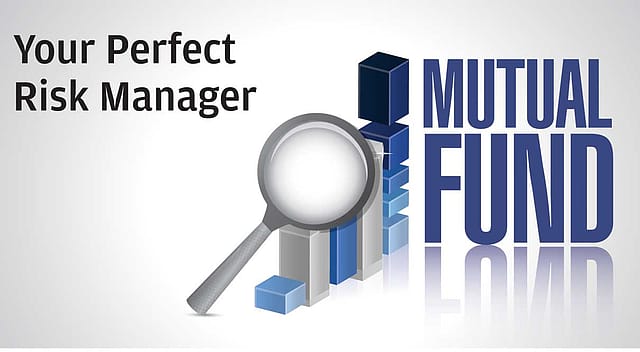Mutual Funds: Your Perfect Risk Manager

Investment is a risk aversion or risk management? This is a question still most of us debate in our minds, which has just slightly drifted from a family savings norm to a market-led income growth. The arrival of financial instruments such as insurance—the sector which led an initial awareness for risk management in 2000s onwards—led to partial acceptance of risk assurance. A positive outlook for mutual funds came with promising economic reforms.
There was an emerging segment of equity market investors, who would dig into the world of volatile market conditions; led by the small and mid-size cap funds. This is a growing trend in the emerging and developed economies and few of them have found their way on NYSE such as Makemytrip—a revolutionary online travel product. Small cap funds offer high liquidity, meaning short term gains. Your investment can later get converted into a mid-cap investments as the company gains valuation. The world of internet consumerism had created a promising outlook for new and niche products.
Online information on mutual funds comes handy in this competitive market situation; precisely growth of funds in a scattered stock market scenario. The technology capsule provides the required inputs, complementing the traditional MF distribution channels. An investor now seeks information from various channels, affecting his risk appetite positively.
The middle-class income bracket, say for example has a savings of $1000 which can be converted into investments also subject to compounded growth. Are we really aware of compounded growth? Or even if we are, do we understand the process of scaling our money in an economy which is both market-led and, to the extreme exposed to fund management in equity shares?
What drives a fund manager to invest X amount of money in Y or Z stocks still needs to be demystified to an avid follower of stock news too, though not most definitely. It should be considered as a role of a fund manager whose job is to do predictive analysis and extensive data studies to drive home the right amount of investments in large cap stocks.
Besides, awareness through few self-imposed questions for personal finance management will be good. Should we buy stocks when inflation is high? Should be buy stocks in software companies with fluctuating currency value? What more does a Net asset value mean to you, is it just the trading value for short term gains or the value includes the expense ratio of your share value (also in context of Association of Mutual Funds Industry of India has now put a cap of 1% on distribution).
Advertiser-Sponsored Feature: A Marketing Initiative